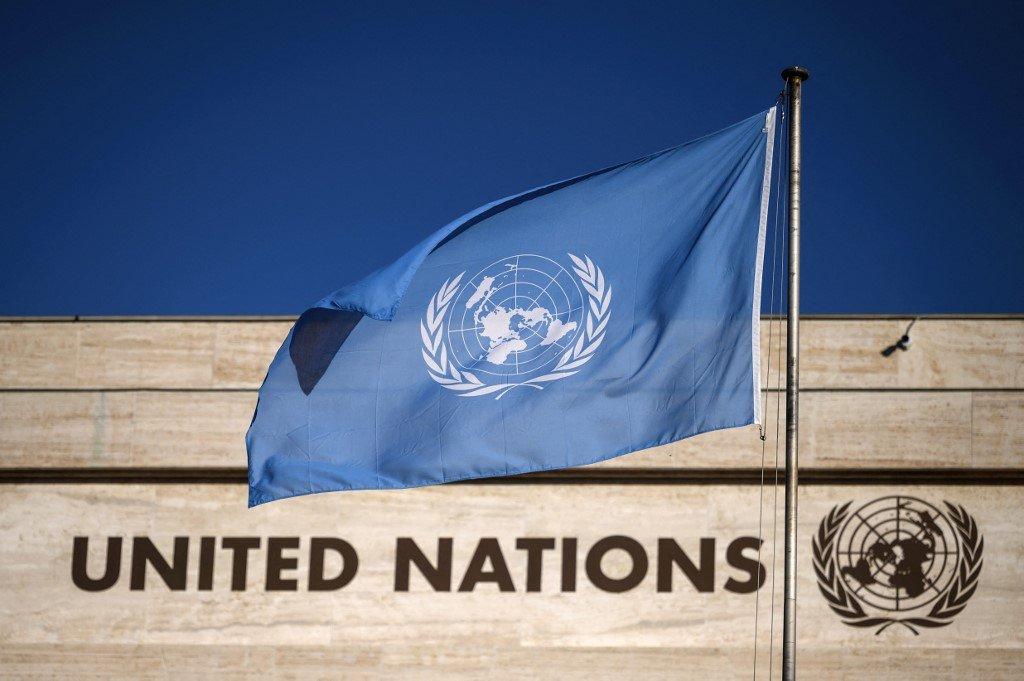Commentary
At the 2021 Commission on the Status of Women conference held at the United Nations in New York, the U.N. unveiled a renewed strategy for advancing “sexual and reproductive health and rights.”

At the 2021 Commission on the Status of Women conference held at the United Nations in New York, the U.N. unveiled a renewed strategy for advancing “sexual and reproductive health and rights.”